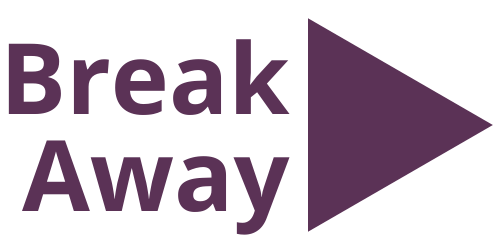To Move Forward, Look Inward
A strong reflection practice is vital for quality community engagement. Reflection is a rare opportunity to process new information and plan for future action. Structured reflection in a group setting should create an environment where all participants are able to contextualize their own experience while also considering larger systems that perpetuate or alleviate social injustice.
We believe quality reflection is predicated on three foundational pieces: a well-built team; a strong curricular framework; and a critical understanding of privilege, oppression, and social justice.
Reflection is more than just a space to digest what has been done and what has been learned through a community engagement experience—it is a crucial step in prioritizing just and equitable community. Reflection is preparing us for what lies ahead.
Start before reflection begins
The true focus of revolutionary change is to seek the piece of the oppressor that is planted inside of us.
— Audre Lorde
When we practice self-evaluation, we broaden our perspective and begin unlearning false realities we’re raised with. Once the process of addressing the ways we are socialized has begun, each of us are responsible for re-learning how to navigate the world as stewards of our communities and advocates for justice.
The process of deconstructing and reconstructing is uncomfortable and often unsettling. Navigating these conversations is unlikely to happen among people unfamiliar to each other. In reflection’s best iteration, groups with well-established relationships reflect together—creating an environment where participants are able to be vulnerable and to experience growth.
Leaders of the experience must prioritize developing the team well before the formal reflection begins to reach the ideal group setting for reflection. Try enhancing pre-experience curriculum to equip participants with necessary knowledge and language, or try bringing reflection into informal spaces (like car rides or downtime) so folks can get comfortable talking about the topic. Consider—in what ways are you using group builders to create an environment of trust where growth and learning can flourish?
Keep reflection focused + substantive
While any intense and immersive experience requires time to debrief personal highs and lows, ongoing critical reflection expands participants’ understanding of and individual connections to the social issue. Relationships among group members can certainly be strengthened as a result of reflection, but the substance comes from examining the root causes of social injustice and collectively brainstorming opportunities for forward-thinking action and organizing.
Know where you want to go
Quality reflection plans are built from established learning outcomes. Learning outcomes, or what one hopes a participant is able to know and do by the end of the experience, are developed by leaders before an experience begins. Outcomes tied to Education, Orientation, and Training set parameters for what participants will learn in relation to the social justice issue(s); partner organization, host community, service project; and skill development. Each day participants engage in service work, reflection goals will bring the group closer to overall outcomes. While there’s a high likelihood you’ll deviate from the original agenda, planning with an intended end in mind ensures each component fits within the larger vision.
Elevate unheard perspectives
There are many aspects of an immersive community engagement experience that require careful orchestration, but what often causes the most worry is facilitation. A strong facilitator guides group members through a process while encouraging all to participate. While a leader’s inclination may be to serve as an impartial facilitator, our personal identities, experiences, and worldview make this impossible. Working within an unjust world requires us to examine the power dynamics at play within our groups. A strong facilitator seeks, instead, to be multipartial—rejecting dominant norms and elevating underrepresented voices to balance social power.

